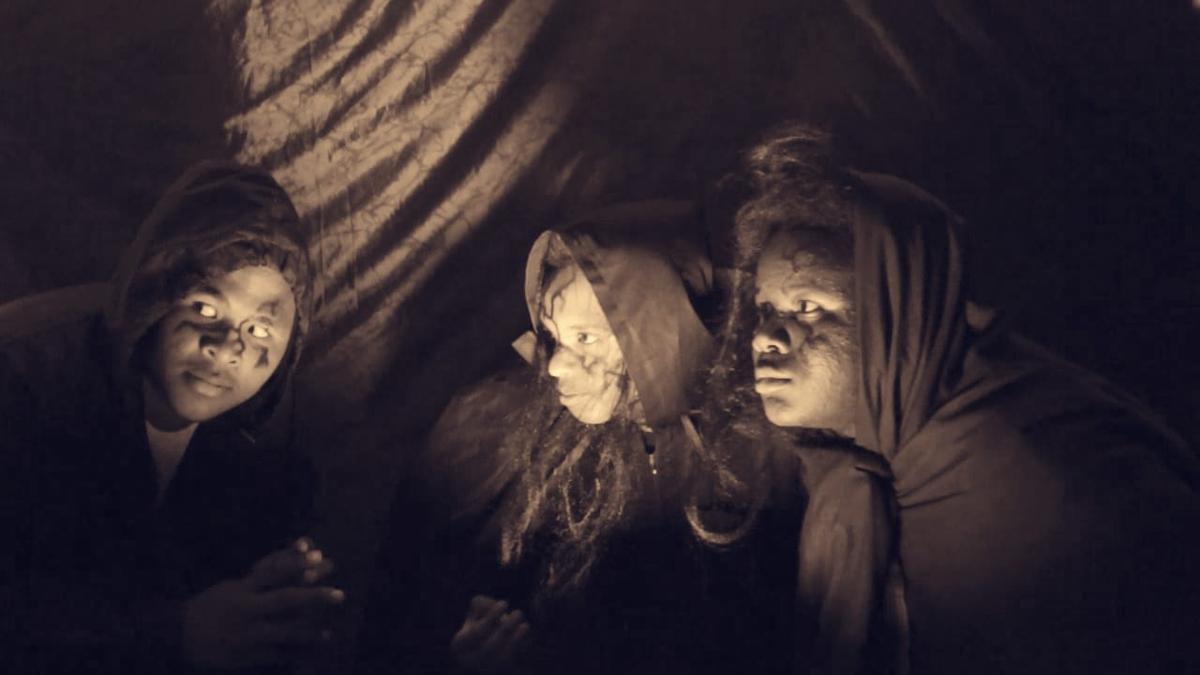
Tracing the origin of Macbeth’s alleged curse
The Hindu
William Shakespeare’s play Macbeth and misfortune go hand in hand at least that’s what the superstition suggests. Let’s debunk this long-feared curse surrounding the bard’s iconic play, shall we?
When you hear the line “he who shouldn’t be named”... what comes to mind? For most of us, this line refers to Voldemort, the heinous villain of J.K. Rowling’s “Harry Potter” series. Although Voldemort might have wreaked havoc on Hogwarts and the wizarding world, there is another name that has been (almost) terrorising storytellers—or let’s just say theatre-goers and performers—equally for more than four centuries, and that name is… (brace yourself) Macbeth.
“Why?”
Well, I’m glad you asked.
The superstition surrounding the play dictates that neither the play’s title nor any quote from the text must be spoken in a theatre outside of rehearsals or the performance itself. Refusal to adhere to this taboo is thought to invite trouble, bad luck, or even disaster to the rebel or the team putting together the bard’s play.
The legend has been feared for so long that it has become embedded in the English public’s psyche. One piece of evidence of this is the fact that there is no sign for the word ‘Macbeth’ in British Sign Language.
To avoid any dicey situations, people in theatrical circles have come up with many euphemisms to refer to the play, such as “The Bard’s Play” or “The Scottish Play.”
Witch trials and the persecution of suspected witches were rampant across Europe during the 16th and 17th centuries. When King James I ascended to the throne of England in 1603, his disdain for witchcraft was clear. He even labelled it “high treason against God,” justifying all forms of torture and brutality against those accused. His obsession with the dark arts was said to be inspired by the execution of his mother, Mary, Queen of Scots. This fixation intensified after he encountered a brutal storm at sea while he was the king of Scotland. Convinced witches were responsible, James launched a witch-hunt upon his return home and quickly penned Daemonologie, a book outlining his plans to eradicate witchcraft.





















 Run 3 Space | Play Space Running Game
Run 3 Space | Play Space Running Game Traffic Jam 3D | Online Racing Game
Traffic Jam 3D | Online Racing Game Duck Hunt | Play Old Classic Game
Duck Hunt | Play Old Classic Game











